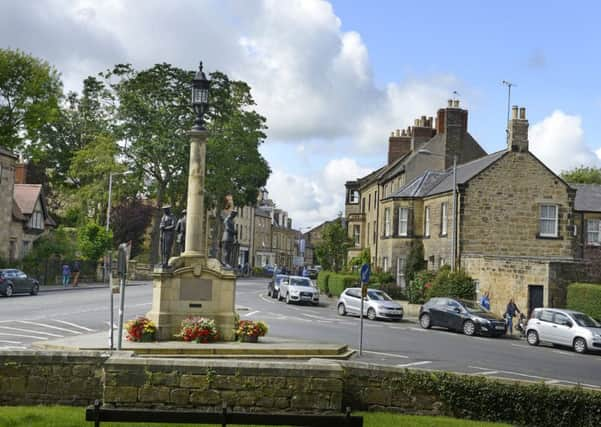Alnwick, Music


They had all been invited to choose two pieces of music, each lasting no more than five minutes. Variety was the essence, with choices ranging from choral and song to orchestral and instrumental.
Elgar was the only composer represented by two pieces of music, which were Elegy For Strings and Chanson De Matin.
Advertisement
Hide AdAdvertisement
Hide AdChoral music included Mozart’s Ave Verum Corpus, John Hilton’s Lord For They Tender Mercy’s Sake, and Rachmaninov’s The Lord’s Prayer.
There were songs by Francis Poulenc and Reynaldo Hahn, and a rousing version of Handel’s Sound The Trumpet, while instrumental works included Beethoven’s piano rondo, Rage Over A Lost Penny, a Schubert impromptu, a violin movement by Handel and some guitar music by Francisco Tarrega.
Apart from the Elgar works, other orchestral items were Glinka’s Overture to Ruslan and Ludmila, Sibelius’ Valse Triste, Liadov’s Musical Snuff Box, and a lesser known work, Paul Carr’s Now Comes Beauty.
Pachelbel’s Canon fell into the chamber category, but other items were less easy to pigeonhole.
Advertisement
Hide AdAdvertisement
Hide AdPiazolla’s atmospheric Oblivion reeked of South America, as did the rumbustious Ay Andar of 17th century baroque composer Juan de Araujo, while the evening closed back in the UK with a touching vocal Ballade from James MacMillan’s Souter Settings.